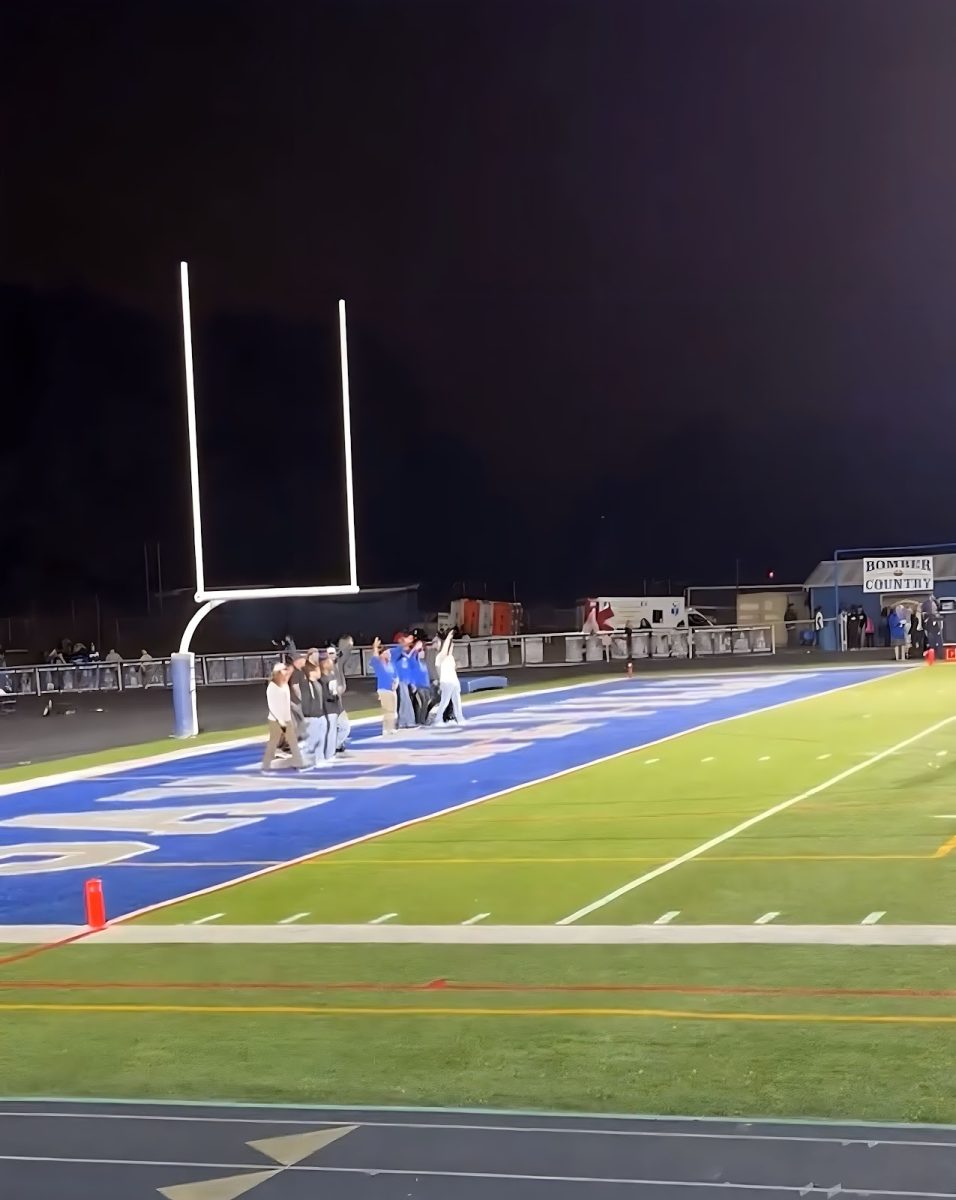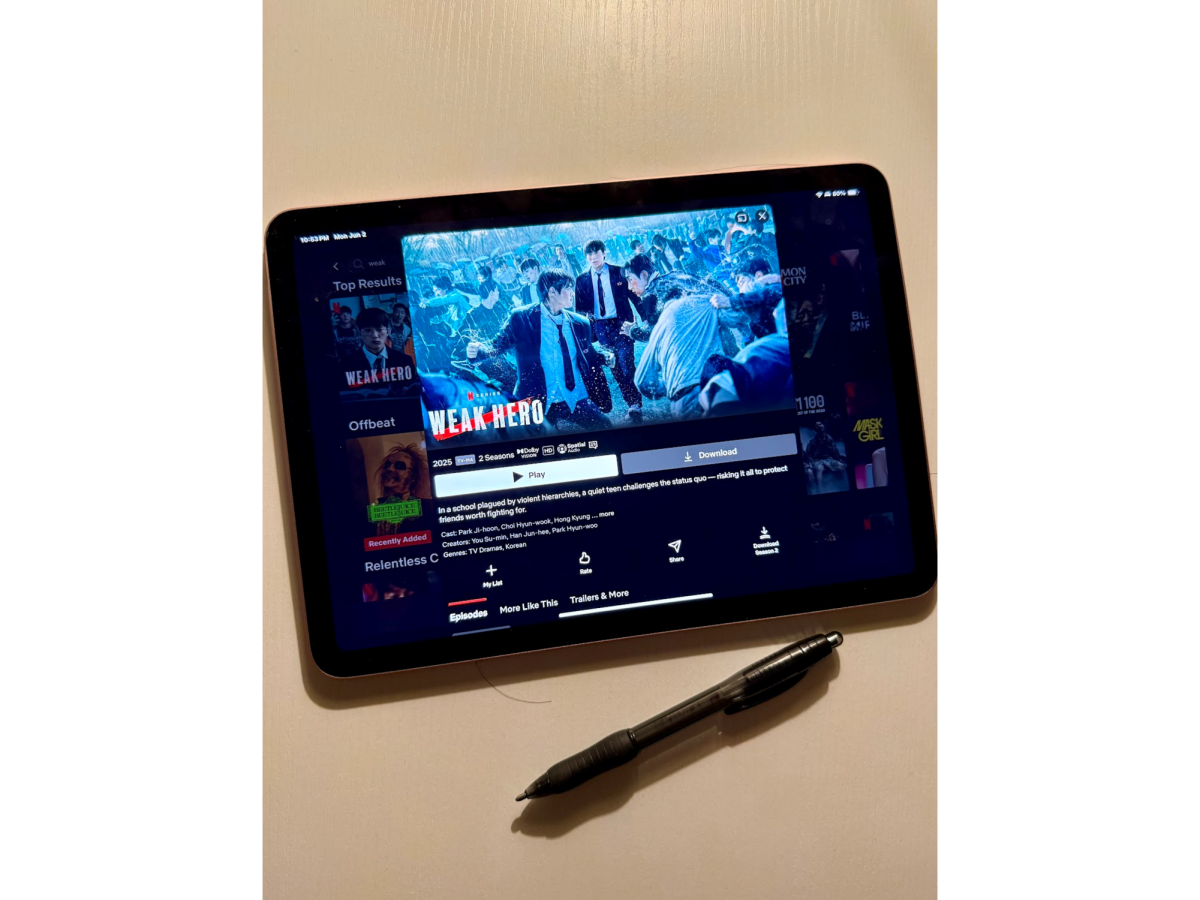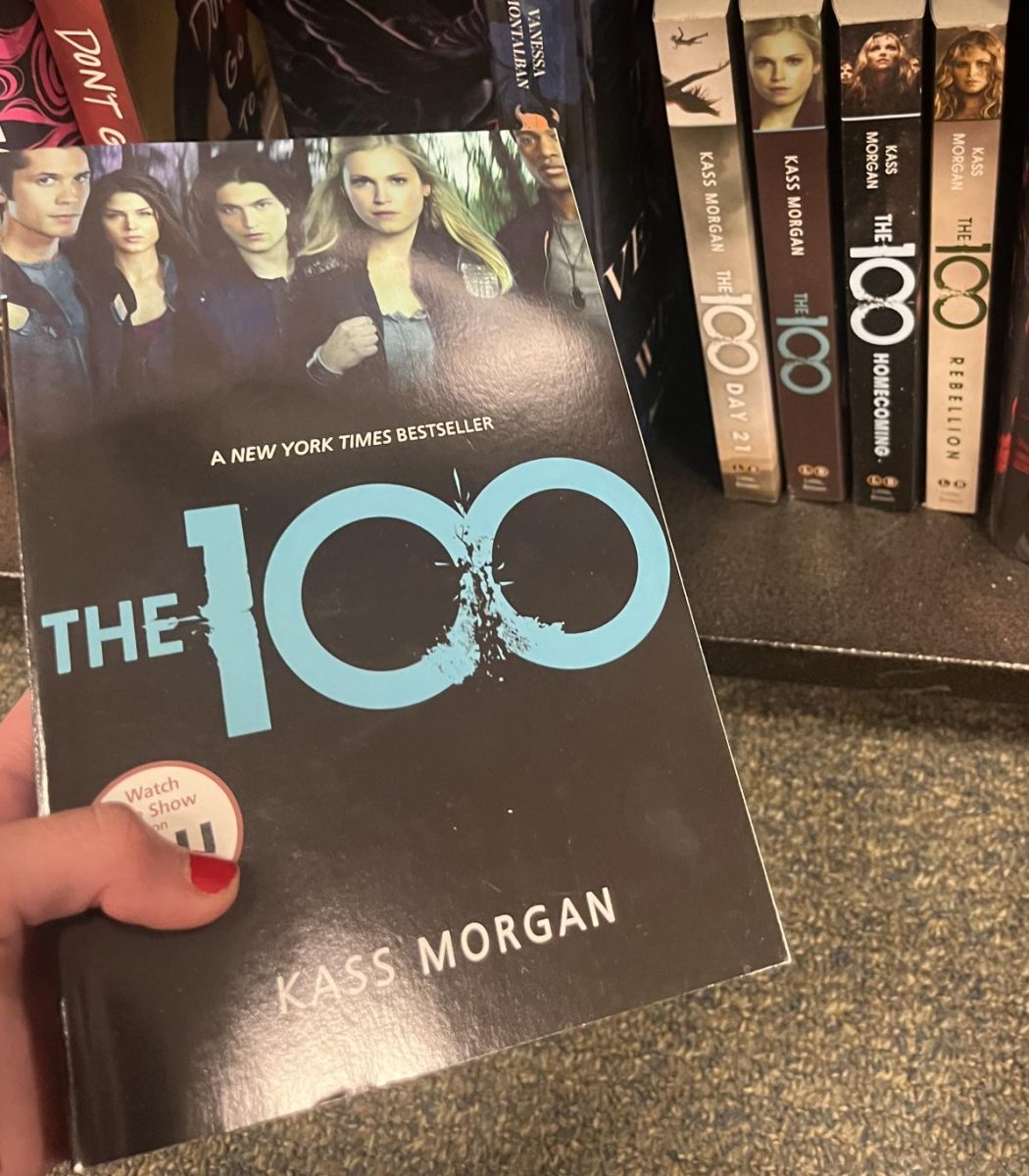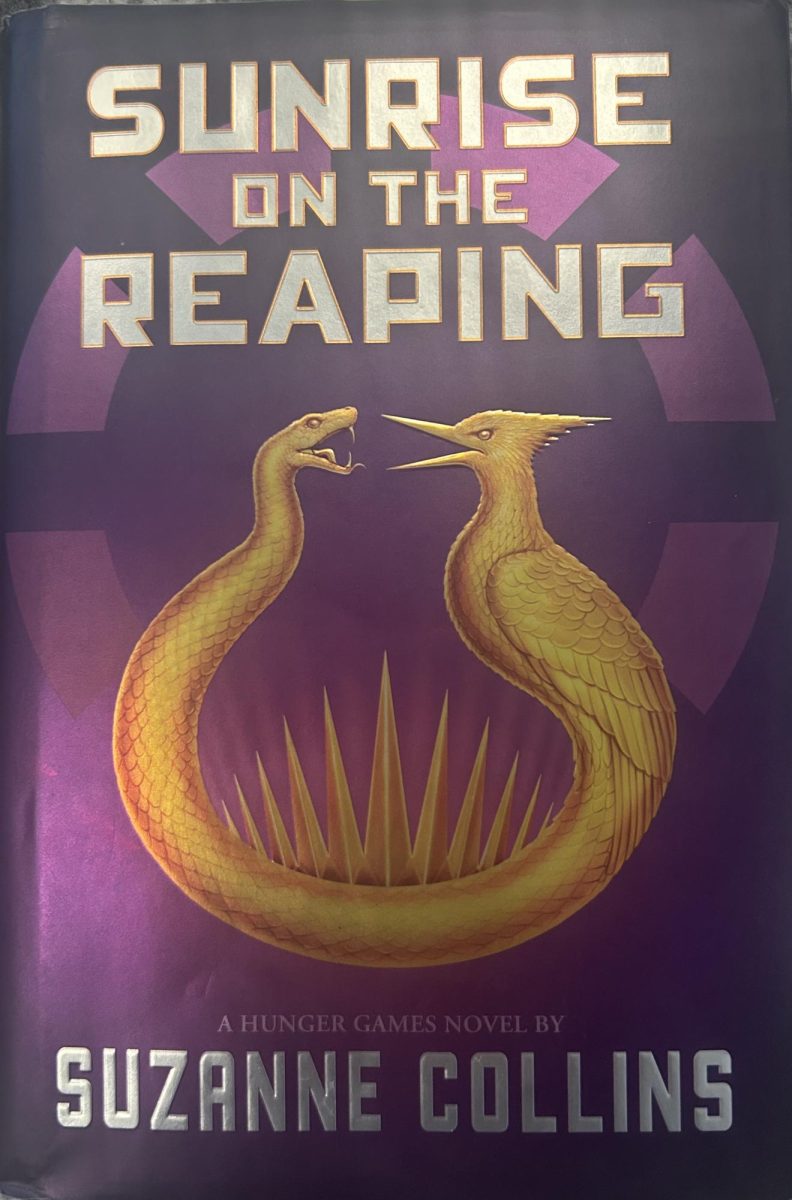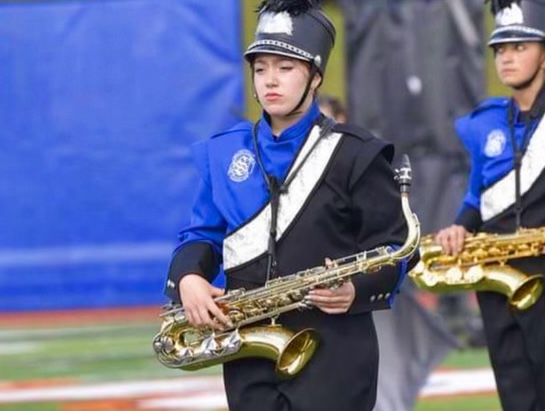Russia Banned From Winter Olympics Due to Doping Allegations

January 12, 2018
Russia’s Olympic squad will not be making an appearance in this year’s 2018 Winter Olympic games in South Korea. This is following doping allegations during the Sochi 2014 Winter Games across statewide levels.
The International Olympic Commission has issued a series of very stern punishments against the Russian team, and one that hasn’t been seen this strict before in the Games’ history. The banning of the Russian flag in the opening ceremony, and forbidding Russian officials to attend the Games are part of the punishment.
According to CBC, the IOC ruled out 43 medal winners indefinitely from the Winter Games. Some of these athletes include Alexander Legkov (cross country), and the 4-man Russian bobsleigh team (CNN). The commission also fined Russia $15 million to cover the costs of the 17-month investigation into the allegations (The New York Times).
It is important to note that the IOC will allow certain Russian athletes who have not taken part in the operation to still take part in the Games. If the athletes pass heightened tests, then they may compete under a neutral flag and uniform.
All things in mind, this is a crushing blow to the olympic powerhouse, who, with this verdict, seem to lose their sights on the top spots of the upcoming Winter Games.
The Investigation
Considering the severity of the IOC’s verdict on December 5, 2017, the Russian team’s crime must have been very severe. It was one of the grandest doping scandals of the Winter Olympics.
This operation was organized by the Russian Sport’s Ministry, where over 100 urine samples of Russian athletes were tampered with to conceal their steroid usage throughout the competition (CNN).
Grigory Rodchenkov, the former anti-doping laboratory head for Moscow, has testified against the Russian team. He claims that the Russian state was completely aware of the operation. Russia has repeatedly dismissed this testimony, claiming no involvement with this scheme, and states that Rodchenkov was the sole mastermind. Rodchenkov has since immigrated to the United States, where he was enrolled in witness protection since 2015 due to an arrest warrant against him (CNN).
Since the Ruling
There were some alterations to the verdict following December 5, 2017. According to CBC, 7 Russian skeleton and bobsled athletes have overturned their ruling for their permanent banning from the Olympic Games on January 4, 2018.
This is expected to only be the beginning, as all 43 indefinitely banned athletes are expected to appeal their punishment.
Top Olympic officials also predict Russia will be allowed to fly their flag for the closing ceremony, which may restore some national pride (CNN).
The Future of the Games
This verdict illustrates the IOC’s plans for future Olympic Games. The Olympic Games are the pinnacle of sport. This tournament is the place where top athletes around the world come together to compete for the top spot and national pride. Above all, the competition signifies the purity of sport, and the joining of the world to enjoy the good of the Games. The Games can not have impurities, and all the competition must be fair. This is the mentality of the IOC, who have made this very clear with the following ruling.
They have not always been so clear however, with a similar incident in the 2016 Olympic Games in Rio. Russia was accused of a similar incident of using steroids. In that case, the IOC ruled that the heads of each sport shall decide Russia’s legibility for the following games, and they were to compete in restricted numbers.
This ruling is not only a strict punishment, but a message to the world. The IOC is finished with forgiving cheaters. It will be strict in maintaining the tournament’s purity and reputation.



